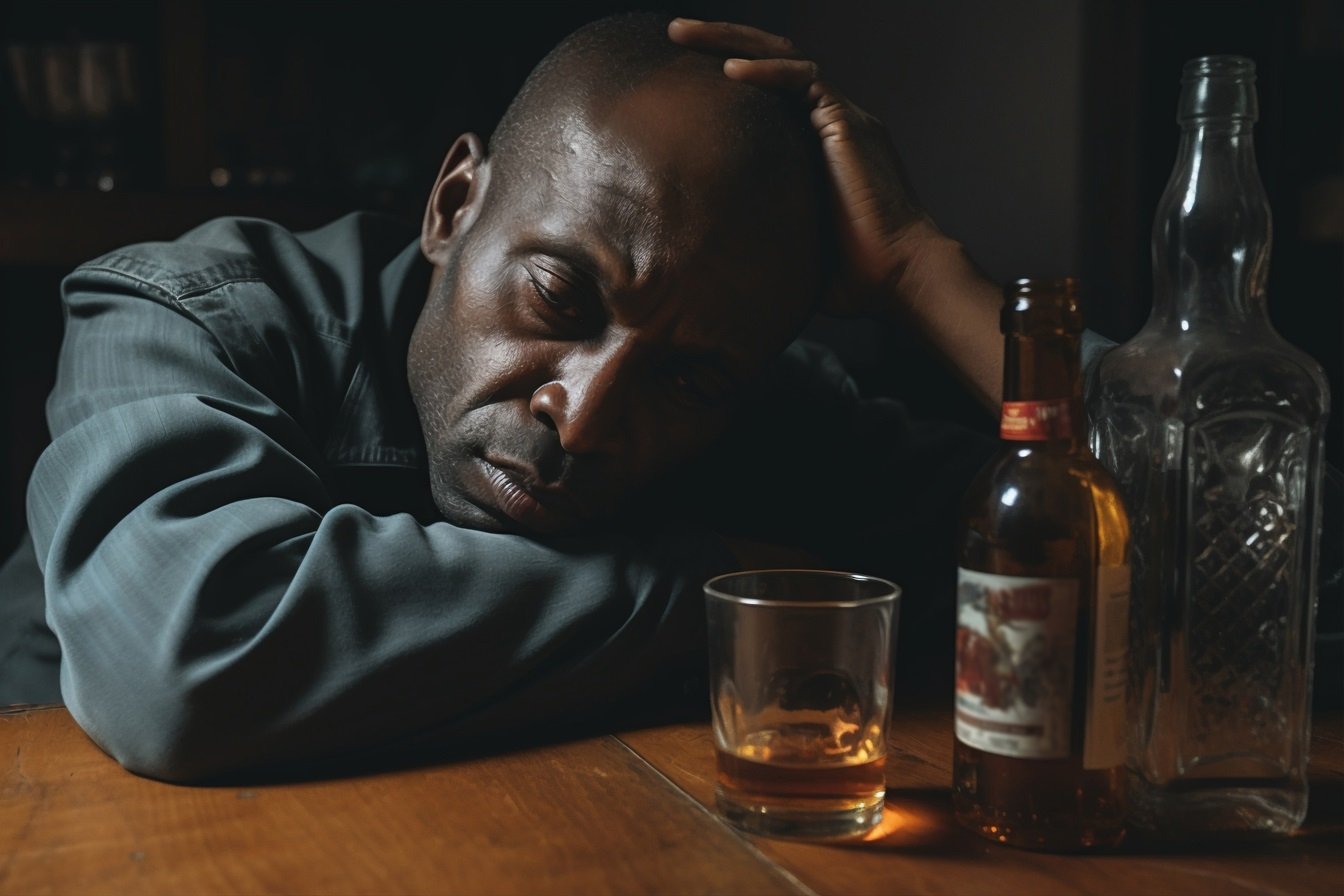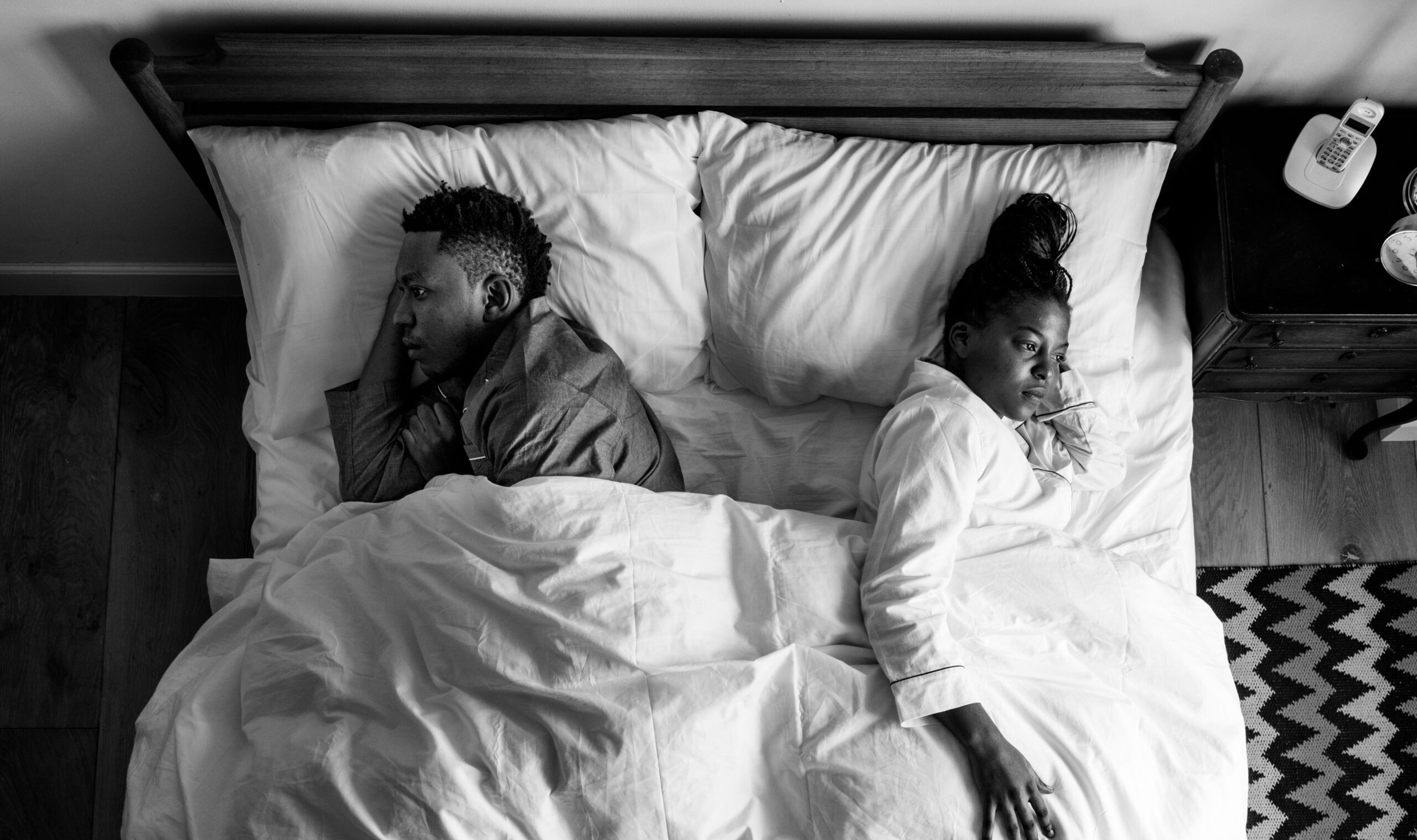People of all gender identities, including men and women, may experience depression at some point.
Sadly, depression is a major illness that negatively impacts a person’s thoughts, feelings, and behavior.
According to data from the Centers for Disease Control and Prevention (CDC), women experience depression at a higher rate than men, but it’s believed that men might be underrepresented in these figures.
This may be because it’s harder to recognize and identify depression in men due to social and biological variables. Additionally, they could experience social pressure to act “manly” by controlling their emotions.
Because of this, men are more likely to experience depression, which often manifests with different and more challenging symptoms.
Keep reading to learn about the signs and symptoms that men experience when they are depressed and what you can do about it.
Physical signs of depression in men
Men who are depressed could first experience bodily symptoms. Although depression is generally considered a mental health problem, it can also have physical symptoms.
For men, having physical symptoms while they are depressed could be a blessing in disguise because many men are more likely to consult their doctors for physical problems than for mental issues.
Some common physical signs of depression in men include:
- Tightness in the chest
- Erectile Dysfunction and other sexual issues
- Digestive issues, such as excess gas, diarrhea, and constipation.
- Headaches
- Hormonal disorders, such as pain from low testosterone
- Increased heart rate, or palpitations
- Unexpected loss of weight (and sometimes weight gain)
Mental signs of depression in men
Depression manifests differently in men than in persons of other genders, making diagnosing it more difficult.
How a person thinks and processes information may be hampered by mental symptoms, impacting behavior and emotions.
Men who suffer from depression frequently experience the following mental symptoms:
- Difficulty focusing
- Memory issues
- Obsessive-compulsive disorder
- Rash thoughts
- Suicidal thoughts
- Sleep difficulties, including trouble falling or staying asleep
Emotional signs of depression in men
Most people imagine a sad person when they hear the word “depression.” However, sadness is only one of several emotions that depression can elicit.
Men suffer the following emotional signs of depression in addition to sadness:
- Agitation
- Aggression
- Anger
- Emotional estrangement from close friends, family, and coworkers
- Hopelessness
- Loss of libido
- Lack of interest in family, community, hobbies, and job
- Restlessness
Behavioral signs of depression in men
Men’s mental, bodily, and emotional symptoms of depression can all impact their behaviors.
Due to their reluctance to talk about their feelings, some men’s behavioral signs of depression are frequently the most noticeable to the people around them.
The following are the most typical behavioral signs of depression in men:
- Trouble juggling obligations to one’s family job and other personal pursuits
- Abuse of drugs
- Excessive alcohol consumption
- Dangerous behavior, such as reckless driving or unprotected sex
- Social isolation
- Suicide attempts
Why does depression in men sometimes go undiagnosed?
There is still a significant cultural and societal stigma associated with depression, especially among men, despite the fact that conversations about mental health appear to be growing in popularity.
Society typically socializes men to suppress their emotions, regardless of the fact that it is unhealthy. In addition, many men risk their emotional, physical, and mental health while upholding these social ideals.
Additionally, many men lack the knowledge necessary to recognize the less common depression symptoms that they are more likely than others to suffer.
Due to their inability to recognize the symptoms, some men with depression never seek treatment. Conversely, some men who notice the signs may find it difficult to talk about their experience because they worry about what other people would think.
Because of this, many men who exhibit signs of depression start working long hours or otherwise filling their time with substance abuse to keep their minds occupied rather than dealing with the depression itself.
It is possible to save lives by diagnosing depression and getting therapy.
Men have a higher rate of suicide, especially those who have been or are serving in the military. Men commit suicide at a rate that is three to four times higher than that of women.
We can assist men with depression in recognizing the symptoms by keeping the conversations open. Men with depression can lead the fullest lives possible by receiving therapy.
What are the available medical options today?
The most common methods for treating depression are talk therapy, medication, or a combination of the two. A medical expert can assist in developing a treatment strategy that is specifically tailored to your needs.
Many men make an appointment with a talk therapist(psychotherapist) to start therapy for mild episodes of depression. The therapist may then recommend particular sorts of care, such as:
- Behavioral-cognitive therapy
- Problem-solving therapy
- Interpersonal therapy
- Psychodynamic counseling
The addition of medication or supplements can then be made if necessary.
Medication is administered to help with some of the physical, mental, emotional, and behavioral symptoms of depression immediately for severe cases. Especially those contemplating suicide or have made an attempt on their life.
Depression is frequently treated with antidepressants such as paroxetine (Paxil) or sertraline (Zoloft), or supplements. However, an expert in mental health treatment may also recommend other drugs.
Be aware that these medications may take several weeks or months to alter your feelings noticeably. Therefore, be patient and strictly follow the prescribed course of action.
The takeaway
Even while recent discussions on mental health have been more open and inclusive, many men still find it difficult to discuss their feelings in a culture that still supports conventional ideas about what it means to be a man.
The signs of depression in males, impacted by the same social influences as male genetics, can be difficult to recognize.
We can pave the way for better, more inclusive mental healthcare by spreading awareness of the signs of depression in men.
Depression becomes a far more tolerable aspect of the human experience with talk therapy, medicine, supplements, or a combination of either of these.
Feel free to use the stress meter on our website to knnow about your stress levels






